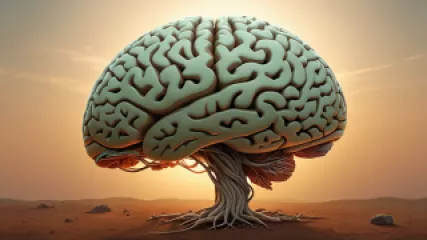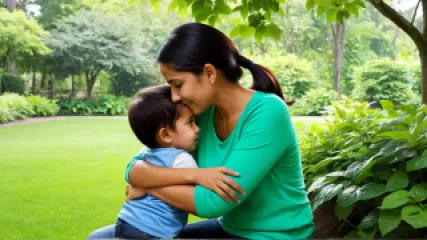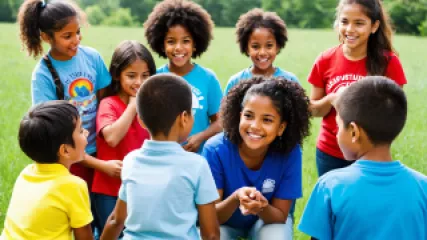5 Proven Strategies to Master Time Management for Maximum Productivity
1 year ago
Psychology of Time Management
My Journey with Elderly Depression: Strategies for Coping
1 year ago
Depression in Elderly
Navigating Life Transitions: A Research Summary
1 year ago
Managing Transitions
My Journey Exploring Cognitive Theories of Intelligence
1 year ago
Intelligence Theories
How to Help Kids Build Resilience: A Step-by-Step Guide
1 year ago
Childhood Resilience Building
Essential Stress Relief Methods: The Ultimate Guide
1 year ago
Techniques for Relaxation
How Color Psychology Can Enhance Your Interior Design
1 year ago
Psychology of Color in Interiors
The Ultimate Guide to Unlocking the Benefits of Volunteering for Career Advancement
1 year ago
Volunteering Benefits
The Ultimate Guide to Mindful Listening for Better Relationships
1 year ago
Mindful Listening Benefits
10 Best Virtual Mental Health Coaching Services
1 year ago
Counseling Services
Top 5 Mental Wellness Techniques for Relaxation
1 year ago
Techniques for Relaxation
How Volunteering Can Benefit Your Personal Growth
1 year ago
Volunteering Benefits
The Transformative Power of Mindful Listening: A Step-by-Step Guide to Emotional Healing
1 year ago
Mindful Listening Benefits
How Can Parents Build Resilience in Children?
1 year ago
Childhood Resilience Building
7 Steps to Resolve Relationship Conflicts
1 year ago
Navigating Relationship Conflicts















